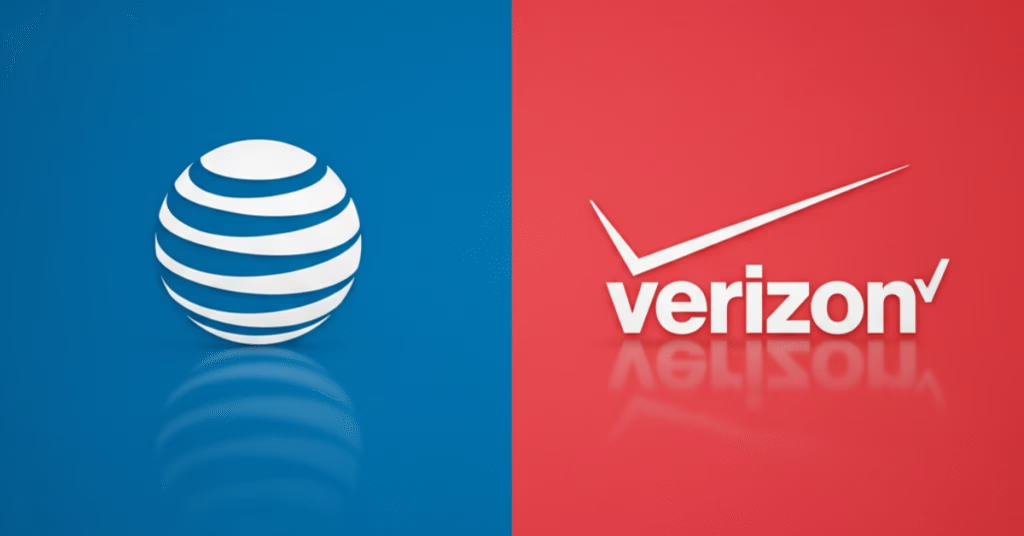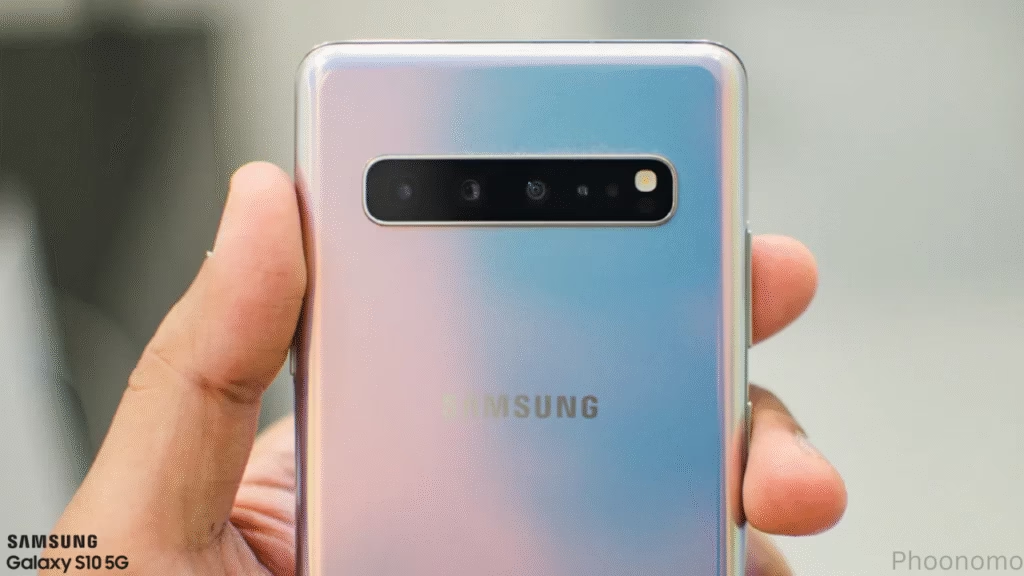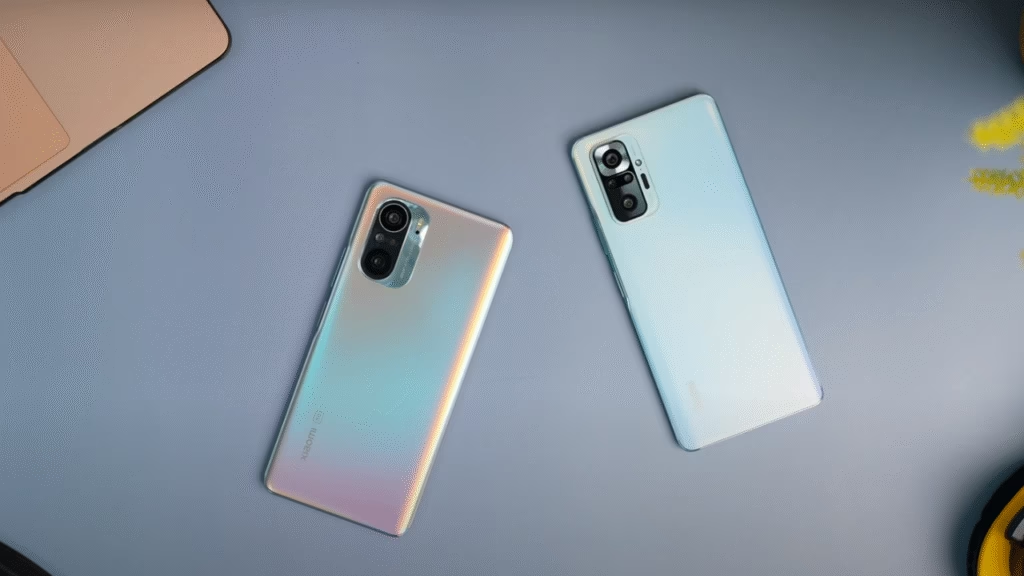
When it comes to wireless service in the United States, two names always dominate the conversation: AT&T and Verizon. Both companies have long histories, massive networks, and millions of loyal customers. Choosing between them can feel overwhelming, especially with frequent changes to pricing, perks, and coverage. That’s why we’re taking a fresh look at AT&T vs Verizon in 2025, breaking down categories like coverage, pricing, data allowance, perks, and international use. By the end, you’ll have a clearer picture of which provider might be the best fit for your needs.
Coverage
Coverage remains one of the most important factors in choosing a carrier. Verizon has traditionally been known for its strong nationwide 4G LTE network, and it continues to perform well in that space. AT&T, on the other hand, has been catching up quickly, especially in the area of 5G.
Verizon still edges ahead in 4G availability across rural regions, which makes it a great choice for those who live or travel outside of big cities. But AT&T shines with a broader and faster 5G rollout, covering more people with mid-band 5G that delivers faster speeds.
For most users, both carriers will offer reliable service. If your priority is legacy 4G coverage, Verizon is stronger. If you’re future-focused on 5G performance, AT&T takes the lead. As a result, this round is best called a tie.
Solo Pricing
When comparing the cost of a single line, the difference between the two carriers is surprisingly small. Verizon’s unlimited plans start around $65 and go up to about $90, depending on features like premium data and hotspot access. AT&T’s comparable plans range from $66 to $86, which makes them just slightly cheaper.
That tiny gap, though, isn’t large enough to declare a clear winner. In real-world budgeting, a difference of four dollars per month won’t likely make or break the decision. Solo pricing is essentially a tie, but AT&T quietly has the edge for those who want every possible saving.
Family Pricing
Family plans are where savings usually show up, and both AT&T and Verizon reduce per-line costs significantly when you add multiple lines. For four lines, Verizon’s plans range from about $30 to $55 per line, while AT&T comes in between $36 and $51.
Again, we see a tiny difference, with AT&T slightly cheaper at the top tier, but not enough to create a decisive gap. Families will save with either carrier, and it really comes down to which features matter more. As with solo pricing, this round ends in a draw.
Data Allowance: AT&T Takes the Win
Data allotments are increasingly the deciding factor in carrier choice, especially as more people use their phones for streaming, gaming, and remote work. Here, AT&T pulls ahead.
On Verizon’s base unlimited plan, you don’t get a set amount of premium data, and your speeds can slow during network congestion. Hotspot use is also limited. On higher-tier plans, you do get premium unlimited data and either 30GB or 60GB of hotspot data, which is good but comes at a higher price.
AT&T’s structure is a little friendlier. Even the base unlimited plan includes a 5GB hotspot, something Verizon doesn’t offer at that level. Mid-tier AT&T plans give you 75GB of premium data with 30GB hotspot, while the top plan provides truly unlimited premium data and 60GB hotspot. For heavy users, this extra flexibility makes AT&T the better value.
In short, AT&T provides more data for less money, making it the winner in this category.
Perks and Add-Ons: Verizon Wins
Perks can be a fun bonus for customers, and here Verizon has an advantage. While AT&T doesn’t include extras with its plans, Verizon offers a system of optional add-ons, such as streaming services, cloud storage, and device protection. These aren’t freeyou do pay extrabut the option exists for those who want to bundle entertainment and phone service together.
AT&T keeps its offerings straightforward, which works fine for users who only care about reliable service, but Verizon’s flexibility earns it the win here.
International Travel: Verizon Comes Out Ahead
If you travel frequently, international coverage is critical. Verizon gives customers 2GB of daily high-speed data plus unlimited talk and text when traveling in Canada and Mexico on all plans. That’s a big advantage for frequent cross-border travelers.
AT&T doesn’t offer the same universal perk, but its premium plan includes unlimited use of your plan in 20 Latin American countries. That’s great if your travel is primarily in that region, but for the average traveler, Verizon’s broader coverage is more useful.
Because Verizon’s roaming benefits apply across all plans and include more destinations, it takes the win for international use.
Performance and Benchmarks: Speed vs Consistency
It’s not just about coverage and data caps, network performance matters too. Independent speed tests in 2025 show AT&T’s 5G network consistently pulling higher download speeds, while Verizon maintains steadier coverage, particularly in rural areas.
If you’re after the fastest possible data speeds for gaming, streaming, or large downloads, AT&T may feel quicker. If you prioritize stability and widespread service, Verizon continues to be a safe bet.
Customer Service and Reliability
Both carriers have a mixed history when it comes to customer service. Verizon often ranks slightly better in consumer surveys, with more responsive support and fewer billing complaints. AT&T has improved in recent years, shedding some of the negative reputation it had in the past.
Still, the differences aren’t dramatic enough to declare a runaway winner. Your experience may depend more on the local store or support team you interact with.
Recap: Which Carrier Should You Choose?
When looking at AT&T vs Verizon, the results are closer than ever. Here’s how it breaks down by category:
- Coverage: Tie
- Solo Pricing: Tie (AT&T slightly cheaper)
- Family Pricing: Tie (AT&T slightly cheaper)
- Data Allowance: AT&T wins
- Perks: Verizon wins
- International Travel: Verizon wins
That leaves us with a split decision. Verizon edges out slightly with perks and roaming benefits, but AT&T delivers stronger value in data allotments and overall 5G performance.
Choose Verizon if:
- You value optional add-ons and bundled perks
- You travel often to Canada, Mexico, or abroad
- You want stable nationwide coverage, especially in rural areas
Choose AT&T if:
- You want better value for unlimited data and hotspots
- You prefer faster 5G speeds
- You travel frequently to Latin America and want full plan access there
In the end, both carriers are strong choices. Your decision will likely come down to where you live, how much data you use, and whether perks or raw value matter more to you.
Interested in Google Pixel 7 Pro vs 9 Pro: Is the Upgrade Really Worth It?.
FAQs
Which carrier has better 5G coverage, AT&T or Verizon?
AT&T currently offers broader mid-band 5G coverage, delivering faster speeds across more areas. Verizon still leads in rural 4G LTE coverage.
Is AT&T cheaper than Verizon?
Yes, but only slightly. AT&T’s plans are a few dollars less per month compared to Verizon, though the difference is small enough that most customers won’t notice it.
Which carrier is better for families?
Both carriers offer strong discounts on family plans, with per-line costs dropping significantly when adding four or more lines. Pricing is nearly identical.
Does Verizon or AT&T offer more perks?
Verizon does. It allows customers to add perks like streaming services and cloud storage for an extra fee. AT&T keeps its plans more straightforward without these options.
Which provider is better for international travel?
Verizon is better for most international travelers, offering daily high-speed data in Canada and Mexico across all plans. AT&T’s premium plan provides unlimited use in 20 Latin American countries, which is great for travelers to that region.
Discover more from Phoonomo
Subscribe to get the latest posts sent to your email.




